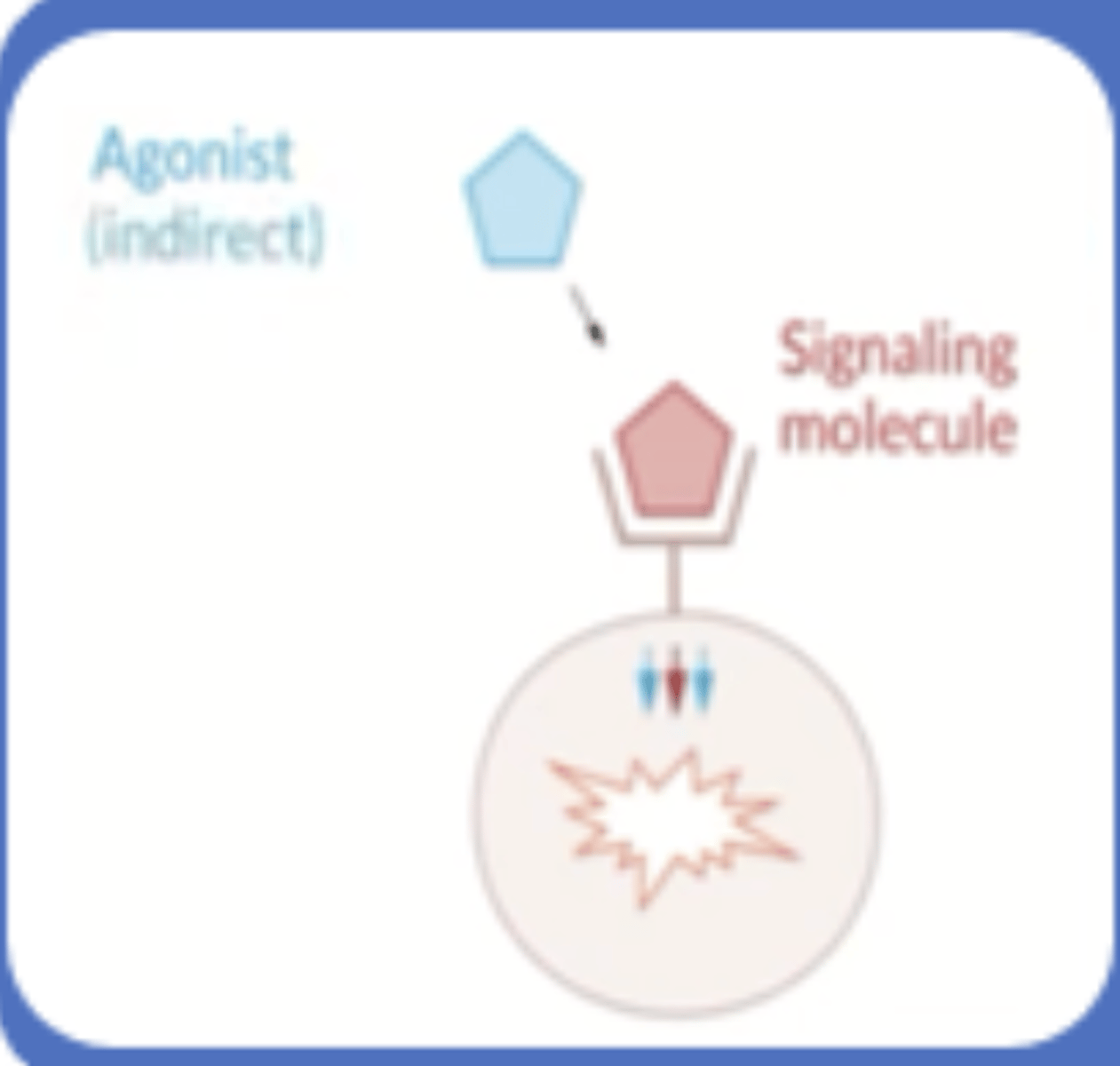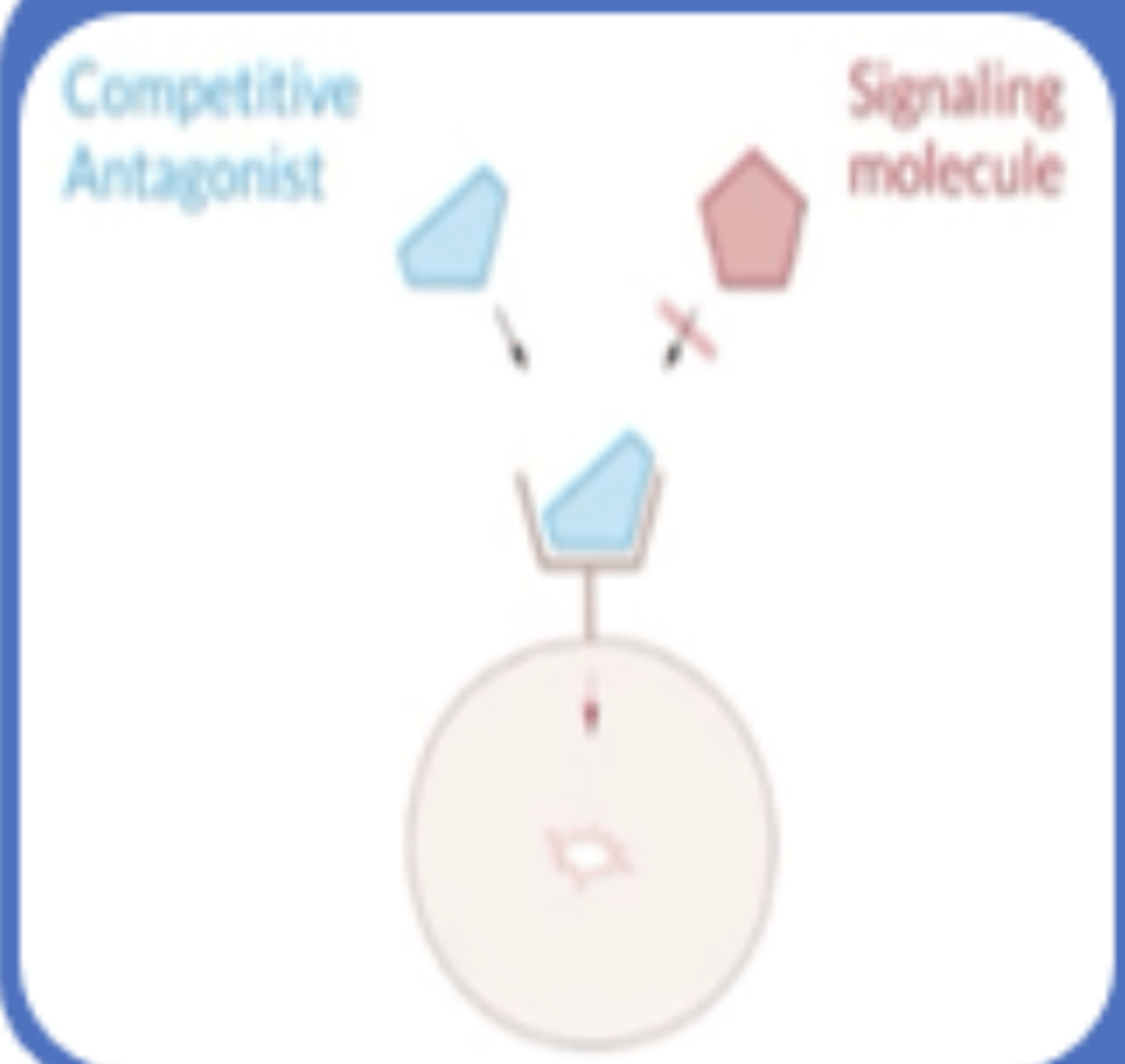Week 5: Major Depressive Disorder and Suicide Prevention
1/13
There's no tags or description
Looks like no tags are added yet.
Name | Mastery | Learn | Test | Matching | Spaced |
|---|
No study sessions yet.
14 Terms
Criteria for Major Depressive Disorder
Depressed mood or loss of interest or pleasure in nearly all activities for at least two weeks
Four of seven additional symptoms
-Disruption in sleep
-Appetite or weight (too much and/or too little)
-Concentration or energy
-Psychomotor agitation or retardation
-Excessive guilt or feelings of worthlessness
-Suicidal ideation
Which groups of people are more likely to be depressed?
-medical burden
-less income (less than 70K/year)
-divorce, separated, widowed, loss of job
-highest risk in native americans, lowest in asians/pacific islanders
-greater in women (hormones/gender roles)
Risk factors for Major Depressive disorder:
-prior episode of depression
-family history
-lack of social support
-lack of coping abilities
-presence of life and environmental stressors
-current substance use or abuse
-medical and/or mental illness comorbidity
Agonist
binds to and activates a receptor in the brain or on a cell, producing a biological response
Antagonist
Binds to a receptor but does not activate it
What is a selective serotonin re uptake inhibitor?
selectively blocks neuronal re uptake of serotonin
FLUOXETINE

What is a tricyclic antidepressant?
blocks neuronal re uptake of two monoamine transmitters; increases the concentration at CNS synapses intensifying their effects
IMIPRAMINE

What is a Monoamine Oxidase Inhibitors?
inhibit neuronal breakdown and thereby increases stores
PHENELZINE
Electroconvulsive therapy (ECT)
electric shock is used to produce a cortical seizure accompanied by convulsions (memory loss is major side effect)
-used for patients with catatonia, suicidality, malnutrition
What age group has the highest rate of suicide?
ages 85 and older (elderly)
-firearms are the most common method used
-LGBTQ+ have higher prevalence
Define suicidality:
all suicide related behaviors and thoughts
Define suicidal ideation:
thinking about and planning ones own death
Protective factors for major depressive disorder:
-effective mental health care
-connectiveness to individuals, family, community, social institutions
-problem solving skills
-contact with caregivers
Hospital interventions for suicide:
-therapeutic milieu
-frequent checks
-proximity assignment (1:1, IA)
-providing presence; therapeutic use of self, locked unit, BERT